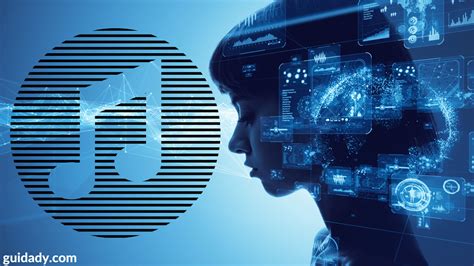Exploring the realm of AI-driven music generation unveils a fascinating blend of technology and creativity. Udio, a new player in this field, ripples through the musical landscape by allowing users to generate songs through simple text prompts. This service, which harnesses the power of artificial intelligence, opens up a new avenue for both amateur creators and seasoned musicians to explore and create music in a variety of styles, from gospel to barbershop.
The discussion around Udio highlights a mixture of excitement and concern. On one hand, the platform offers a staggering 1200 free songs per month, propelling it ahead of similar services in terms of affordability and accessibility. On the other hand, users express concerns about the current limitations, such as the inability to create accounts with email, which might restrict user access and control. The integration with third-party authentication services like Google and Discord suggests a measure to prevent spam and misuse, but also raises questions about user privacy and data security.
Community responses to Udio are varied. Many users are impressed with the generated music’s quality, noting that the voices and styles are less wooden compared to competitors like Suno. Conversely, some users are disappointed by certain limitations in the search functionality and the UI’s clarity, which can lead to a frustrating user experience, especially when trying to refine or alter generated tracks.
One of the more technically intriguing aspects of Udio is its underlying technology. Questions arise about whether it utilizes diffusion models or other forms of advanced machine learning techniques like those employed by its competitors. The specifics of its training data, particularly in relation to the copyrights of used songs, pose a crucial ethical and legal question that remains partially addressed by the team.
Despite its challenges, Udio’s potential to disrupt the traditional music industry is considerable. From reducing the need for large creative teams to enabling faster production times, Udio could significantly lower production costs. This might democratize music production but also poses a risk to the livelihood of traditional musicians and producers, who rely on existing economic models within the music industry.
The broader implications of AI in creative industries like music are profound. As AI continues to advance, it challenges traditional notions of creativity and the role of the artist. With platforms like Udio, the line between human-created and machine-generated content blurs, prompting a reevaluation of what it means to be a creator. The integration of AI tools in creative processes could lead many to reconsider the implications of these technologies in art and culture.
While some view the advent of AI-generated music as a novelty, others see it as the future of the industry. As AI technology continues to evolve and improve, the possibilities for creative expression are bound to expand. However, this also necessitates a thoughtful approach to how these technologies are implemented, ensuring they complement rather than replace human creativity.
The ethical considerations surrounding the use of AI in music production are significant. The potential for AI to access and use copyrighted materials without proper authorization presents legal challenges that need to be addressed. As AI becomes more capable and widespread, ensuring it serves to enhance rather than diminish the music industry will be crucial. This includes safeguarding the rights of creators and maintaining the artistic integrity of the music being produced. The road ahead for Udio and similar platforms is fraught with both remarkable potential and formidable challenges, reflecting the complex interplay between innovation and tradition in the evolving music industry.


Leave a Reply